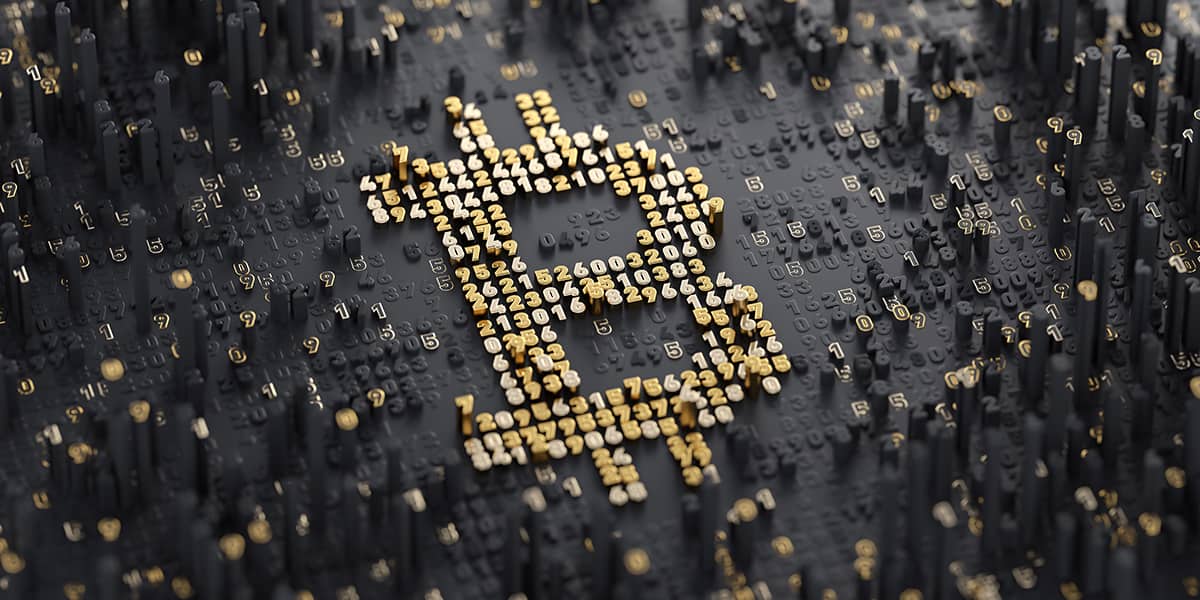Corporate and investor sentiment toward Bitcoin was already on the upswing before Tesla’s purchase of the cryptocurrency.

While much of Wall Street was preoccupied with the Reddit/GameStop trading showdown, another investment phenomenon was jockeying for attention. As institutional and corporate flows into cryptocurrencies surged, Bitcoin’s price broke through the $50,000 barrier on February 16, propelled in part by Tesla’s unprecedented $1.5 billion investment in Bitcoin and news that BNY Mellon would transfer, keep safe and issue digital assets like bitcoins for its customers. Three days later, Bitcoin’s market value surpassed $1 trillion.
In its annual 10-K filing with the Securities and Exchange Commission, Tesla stated that it had made its investment to “further diversify and maximize returns on [its] cash.” The automaker expects to begin accepting bitcoins as payment for its electric cars in the near future.
“More and more investors consider Bitcoin as a safe-haven asset,” says Marion Laboure, macro strategist at Deutsche Bank. “In this pandemic context, there is a growing incentive to store less cash and be hedged against intense market swings.” Bitcoin is a small market with limited supply, she adds. “Obviously, as with any illiquid asset class in limited supply, large players buying and selling bitcoins have a market-maker power. Having said that, given that large players will continue to enter the market, we could see bitcoin prices continue to rise.”
Corporate and investor sentiment toward Bitcoin was already on the upswing before Tesla’s announcement. Last December, business intelligence provider MicroStrategy announced that it had used more than $1 billion of its treasury reserves to buy “approximately 70,470 bitcoins.” On February 2, it announced a further $10 million investment; and on February 17, it launched a $900 million convertible note offering, the proceeds of which are to be used to buy more bitcoins.
CEO Michael Sayler said the investments reaffirmed MicroStrategy’s belief that “the world’s most widely adopted cryptocurrency is a dependable store of value” and would provide better returns than cash over time. By late last month, the firm was reported to have invested some $2.2 billion in an aggregate 90,531 bitcoins valued at about $4.5 billion.
Payments company Square bought $50 million worth of bitcoins last October; and in January, Marathon Patent Group, a bitcoin self-mining company, purchased more than 4,800 for an aggregate purchase price of $150 million as part of a long-term strategy to hold part of its treasury reserves in bitcoins rather than US dollars.
“A Real Asset Class”
“Bitcoin is now a real asset class, whereas a year ago most corporate investors considered it vaporware,” says Tim Davis, leader of Deloitte Risk and Financial Advisory’s Global Center of Excellence for Blockchain Assurance. “It will continue to be volatile; but for companies able to navigate the risks, it will remain a legitimate investment.”
Although in 2017-18, “markets rallied on news that a coffee shop was going to accept bitcoins, now price action is being driven by listed corporates and money managers block-buying bitcoins for their treasury,” Hong Kong-based Q9 Capital, which specializes in trading and custody of digital assets, stated in a February 11 market brief.
“Although the corporates currently buying bitcoins for their treasury are in somewhat of a unique position to do so, I wouldn’t be surprised if some corporates in Asia do something with bitcoins from a treasury perspective as the space continues to go mainstream,” says James Quinn, managing director at Q9. “Asia has been at the forefront of crypto for a long time. There’s a lot of [bitcoin] mining located here and a massively engaged trading community.”
Some Treasurers Remain Skeptical
“I’m not convinced companies are ready to onboard extremely volatile assets like bitcoins unless they can use them for their underlying business, as claimed by [Tesla CEO] Elon Musk,” says François Masquelier, CEO of Simply Treasury and honorary chairman of the European Association of Corporate Treasurers. “Treasurers should remain realistic, prudent and cautious.”
Treasurers still typically park their excess cash in money market funds or leave it on deposit at highly rated banks. But Rob Massey, partner and global tax leader, blockchain and cryptocurrency at Deloitte Tax, says Tesla’s and MicroStrategy’s moves have changed the conversation.
“If you’re not going to invest in Bitcoin, then as a CFO you should have a good reason as to why not,” he says. “There’s a fundamental shift in people looking at it with a more critical eye than a year ago. It’s a dynamic and complicated space that requires careful study. If a question comes from your board about it, you don’t want to be caught flatfooted in a response as to the how or the why.”



